Student’s Book 1

INTERNATIONAL PRIMARY GLOBAL PERSPECTIVES SamplePages
Contents
Introduction: How to use this book
Unit1: Family and friends
Who is in your family?
is in the family?
they related?
you draw
family
Who are our friends?
What do people in your family
Final task: Make a collage
Reflection: How successful were
Am I healthy?
How can we be healthy?
collages?
do we get toothache?
your food healthy?
senses do you use?
all plants good to eat?
What do you know about local foods?
Unit2 Final task: Make a book about being healthy?
Reflection: How successful was our book?
Water, water everywhere
Where can we find water?
What do we use water for at home
Why is water important
What can you do in water?
v
1 1.1
2 1.2 Who
4 1.3 Are
6 1.4 Can
a
tree diagram? 8 1.5
10 1.6
do? 12 Unit1
14
our
16 Unit2:
17 2.1
18 2.2 Why
20 2.3 Is
22 2.4 Which
24 2.5 Are
26 2.6
28
30
32 Unit3:
33 3.1
34 3.2
36 3.3
38 3.4
40 SamplePages
task:
task:
Getting the
do
can you
you
good
we make
the
task:
each other?
3.5 Does it float? 42 3.6 How can we share water? 44 Unit3 Final
Make a poster! 46 Reflection: How successful were our posters? 48 Unit4: Fun with junk 49 4.1 What is it made of? 50 4.2 What waste is there at school? 52 4.3 What can we learn from animals about recycling? 54 4.4 Let’s play games! 56 4.5 What will happen to it? 58 4.6 How do we reuse things? 60 Unit4 Final
Write a story about a recycled object 62 Reflection: How successful were our objects? 64 Unit5:
message! 65 5.1 How
we communicate with
66 5.2 What
hear? 67 5.3 Are
a
listener? 68 5.4 Does music talk to us? 70 5.5 How can
different sounds? 72 5.6 What is
message? 74 Unit5 Final
What is sign language? 76 Reflection: How successful was our investigation? 78 Glossaryofkeyterms x Acknowledgements x SamplePages
5Unit Getting the message






What do you know? • How do we communicate with each other? • What can you hear? • Are you a good listener? • Does music talk to us? • How can we make different sounds? • What is the message? In this unit, you will: • talk about how we communicate with other people • find out about sign language and use it to communicate a short message.
65 SamplePages
How do we




66 5.1
communicate with each other? 1 Look at the faces. What do they tell us? ✓ Research ✓ Communication 2 Can you guess how I feel? SamplePages






























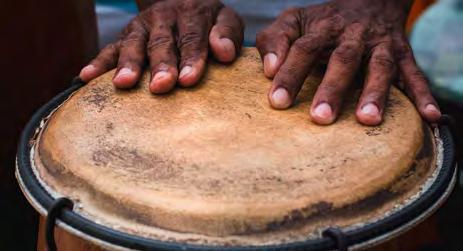
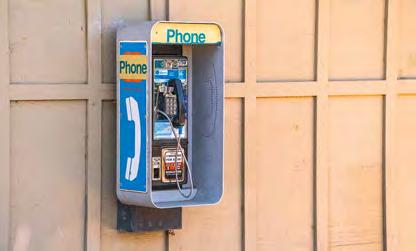


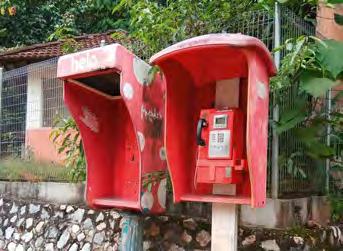
67 3 How do we send messages? What is this used for? What do you need to use it? How does it work? • What did you enjoy in this lesson? Talking point 4 Listen and draw faces on your worksheet. SamplePages
What can you hear?
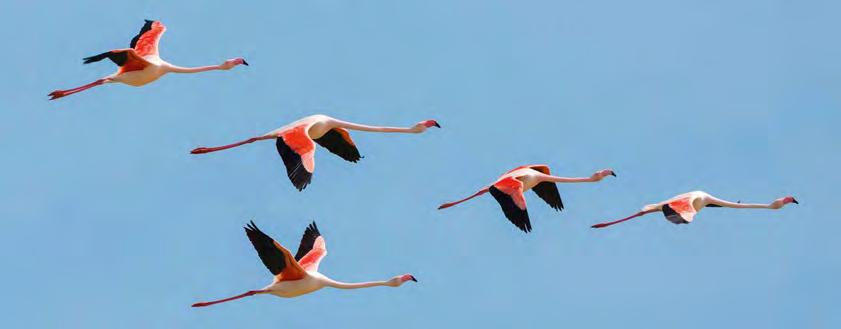

68 5.2
1 Talk about the pictures. What sounds do you hear? What makes the sounds? How do the sounds make
you
feel? ✓ Research ✓ Analysis SamplePages

































































69 2 Read the diagram. Look at this pictogram of sounds in a park. Talk about it with your teacher. Sounds How many? Total birds 4 cars 2 talking 5 music 8 3 Listen to sounds and record what you hear on your worksheet 4 Make a pictogram showing the sounds your heard. • What did you learn from the pictograms? Talking point SamplePages
Are you a good listener?
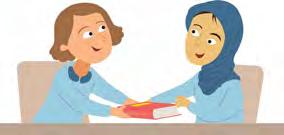
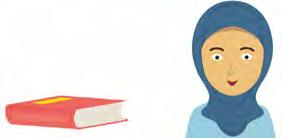
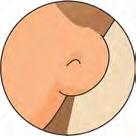

70 5.3
1 Are you a good listener? Play a game to find out. ✓ Research ✓ Analysis 2 What do we do when we listen? Please give the book to Maya. Hear Understand Do SamplePages


















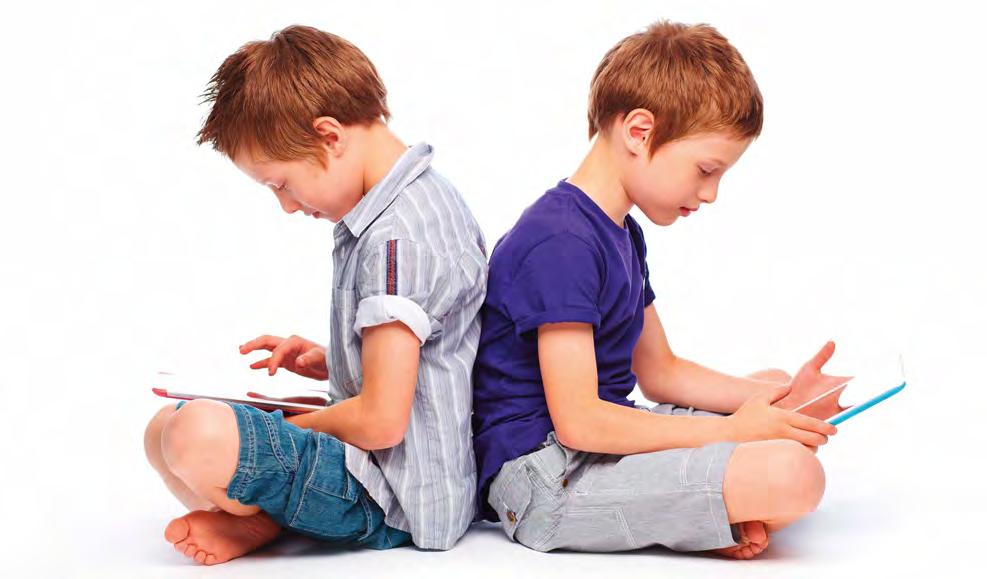
71 3 How can we listen well? Think about these questions: Do you talk when you listen? Do you keep still? What do you do if you don’t understand what you hear? What else do you do? 4 Listen and draw. • What did you do to listen well? Talking point SamplePages
music talk
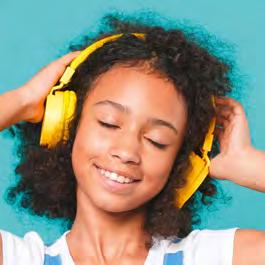




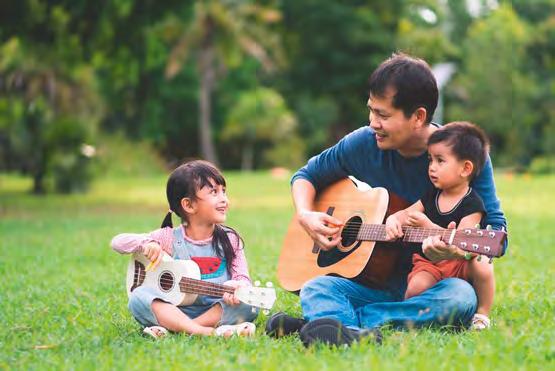
72 5.4 Does
to us? 1 How does music ‘talk’ to you? ✓ Research ✓ Communication 2 Talk about the musical instruments in the pictures. What are they made of? How do you play them? Why do we play them? Can you describe the sounds they make? What do you do when you hear this music? SamplePages

































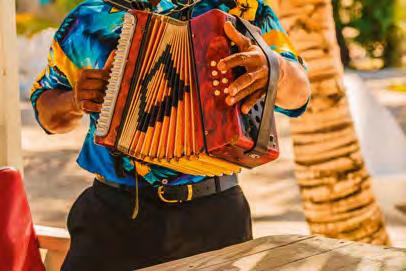
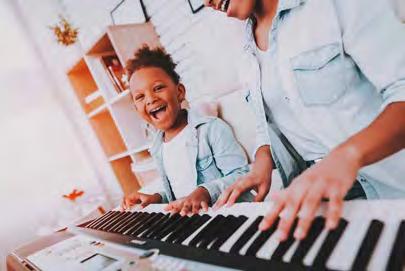
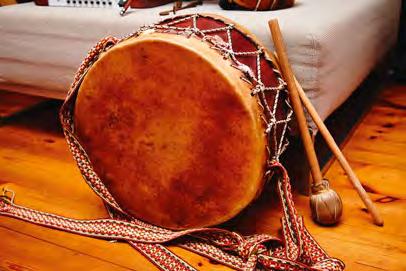






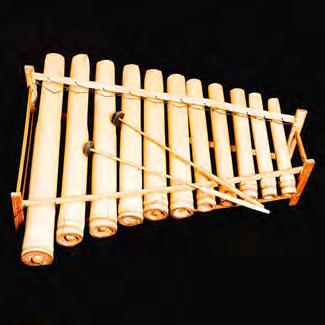
73 3 Ask questions and find out more about the instruments. Follow these steps: 1 Choose an instrument. Find a picture if you can. 2 Think of four questions you want to ask and write them on your worksheet. 3 Decide how to answer the questions. 4 Write the answers on the worksheet. 4 What did you find out? Tell your team. • Did you ask good questions about your instrument? • Can you think of one better question? Talking point SamplePages
can we make

74 5.5 How
different sounds? 1 What sounds can you make? 2 Ask and answer questions about the tin can drums. What are the instruments made of? Could they make different sounds? How? ✓ Research ✓ Collaboration SamplePages




































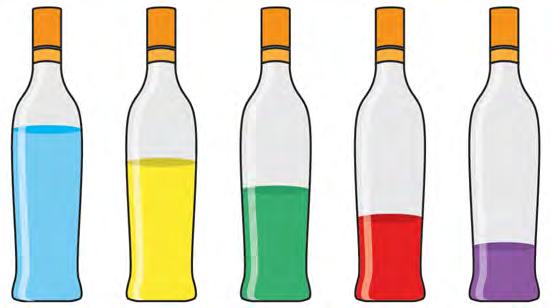

75 3 Set up an investigation to find out if objects can make different sounds. Make a water xylophone • What did you enjoy about this lesson? Talking point 4 Investigate the sounds made by the different bottles. • What did you find out? • Did the bottles make the same sounds? Why or why not? Answer the questions on your worksheet. What you need SamplePages


76 5.6 What is the message? 1 What do these signs mean? 2 We can use emojis to make codes. Can you work out these messages? Read the code first. aeIOumhpyst a b 3 We can also use letters of the alphabet to write a code. Work out the messages on your worksheet. ✓ Collaboration ✓ Analysis SamplePages

























77 4 Can you write your name in pictures? People who lived in Egypt a long time ago used pictures to write. This is called hieroglyphics. a Look at the letters and pictures below. b Write your own name using these pictures. • What did you enjoy about this activity? Talking point Hieroglyphic alphabet and numbers 5 a Make up a short message in code. You can make up your own code. You can use numbers, letters, pictures, colours and emojis. b Give your message to friends to work out. SamplePages
Unit5 Final task: What is sign language?

What is sign language?
What? Find out about another way of communicating.
How? Work in groups.
How can you be successful in this task? Listen to your teacher.
Success means…
We find out more about sign language
We ask questions about sign language.
We can use it to give a simple message.
How can you be successful in this task? Listen to your teacher.
78
1 Talk about the pictures. How is the boy communicating? • Do you understand what he is saying? • Can you communicate like this? ✓ Research ✓ Communication EatDrinkMorePleaseThank youSorry SamplePages

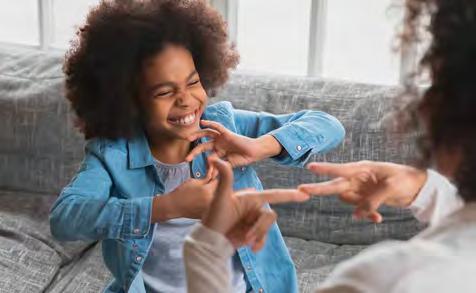
79 2 How can you find out more about sign language? Look at the photographs. • What is the girls saying? • Who could you ask? What else could you do? How will everyone in the group help? 3 Do your investigation. What questions will you ask? Write them down. 4 Record the investigation. Record the answers. Write them down. Make notes or use a phone. 5 Share what you found out with the rest of the class. Sign a word or a short message to show the class what you have found out. Make the message short and clear. Tip SamplePages
Reflection: How successful was
investigation?
task checklist
































Did
help












































What did someone do that worked well?
Did the class
Did you learn something new in


Why
language
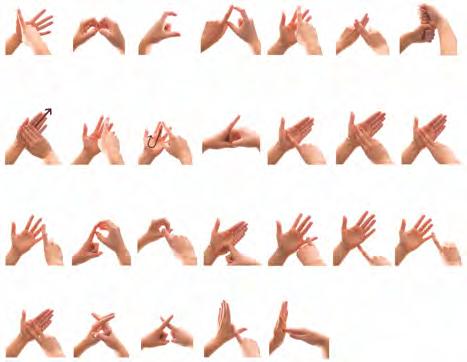
80 b Complete the final worksheet. Before you go
our
a Discuss the task with your group. Final
you all
compile questions?
understand your signed message?
your investigation?
is sign
useful? A H O V B I P W C J Q X D K R Y E L S Z F M T G N USamplePages
























































































